
Close
Last fall, JusticeLink opened its doors in Tulsa. JusticeLink’s goal is to connect individuals impacted by the criminal justice system with a full spectrum of services aimed at helping them navigate that system, break free of it, and succeed outside of it. In advance of their opening, their leadership approached our team about providing dedicated housing navigation services.
Knowing the intrinsic link between access to housing and various factors related to justice-involvement, such as housing’s ability to reduce recidivism and improve reentry outcomes, the answer from my team was a very easy “yes.”.
As our embedded housing navigation team at JusticeLink celebrates its first anniversary of working to house justice-involved individuals, I wanted to take some time to share what that work has looked like, who we have served, and set this work in the broader context of Tulsa’s own housing challenges.
Who We’ve Served
As of the end of November, the housing navigation team embedded at JusticeLink has engaged 513 individuals needing some form of housing-related help (almost 33% of all JusticeLink participants).
Of those individuals indicating housing as a need, 197 were experiencing unsheltered homelessness, with a further 26 relying on emergency shelter or safe haven services. While we have thankfully been able to assist many participants with quick referrals to eviction prevention or other housing stabilization services, these 223 Tulsans comprise the core of the participants we have helped, or are currently helping, navigate our community’s challenging housing landscape.
Homelessness does not occur in a vacuum, and is underpinned by challenges across a number of health and socioeconomic factors .
The result is a population of Tulsans that need meaningful support in obtaining and sustaining housing, that will continue to cycle through the justice system without the intervention that JusticeLink provides. Of the participants engaged by our team at JusticeLink:
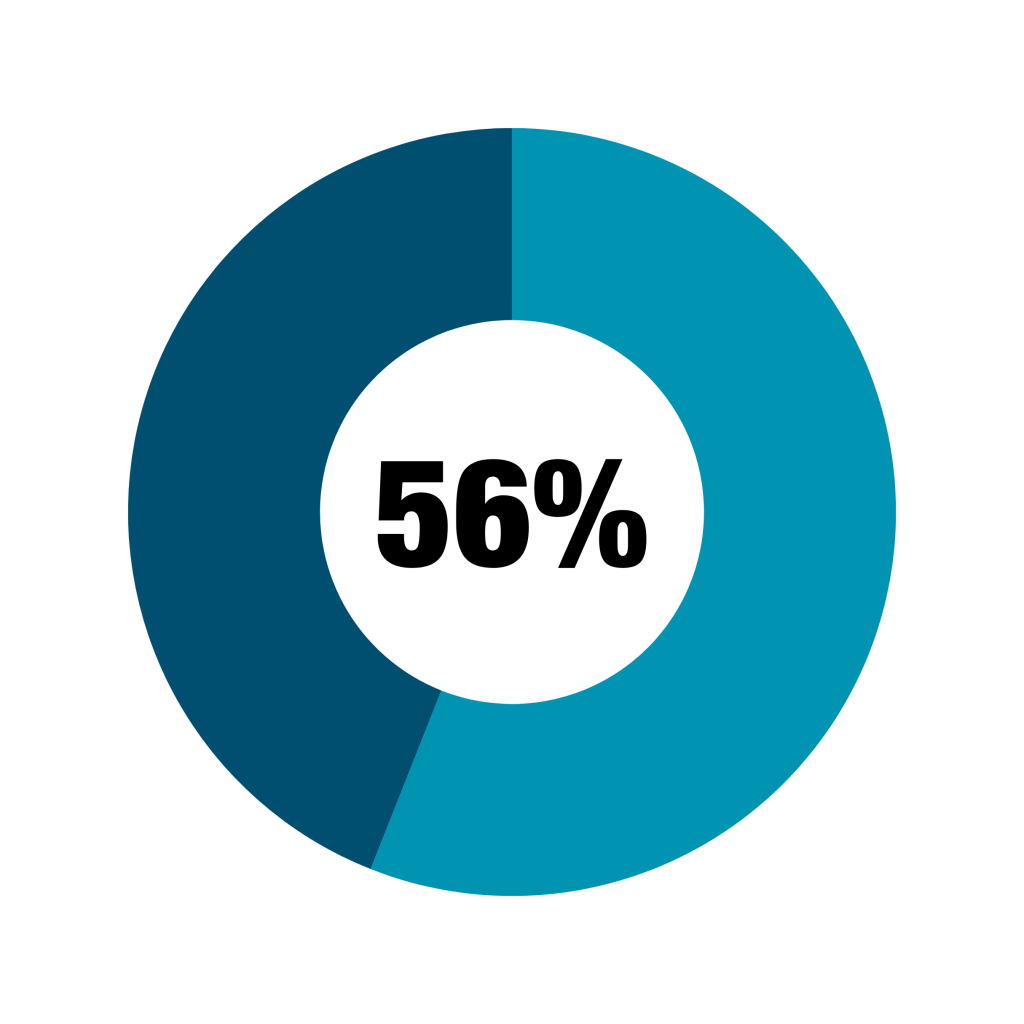
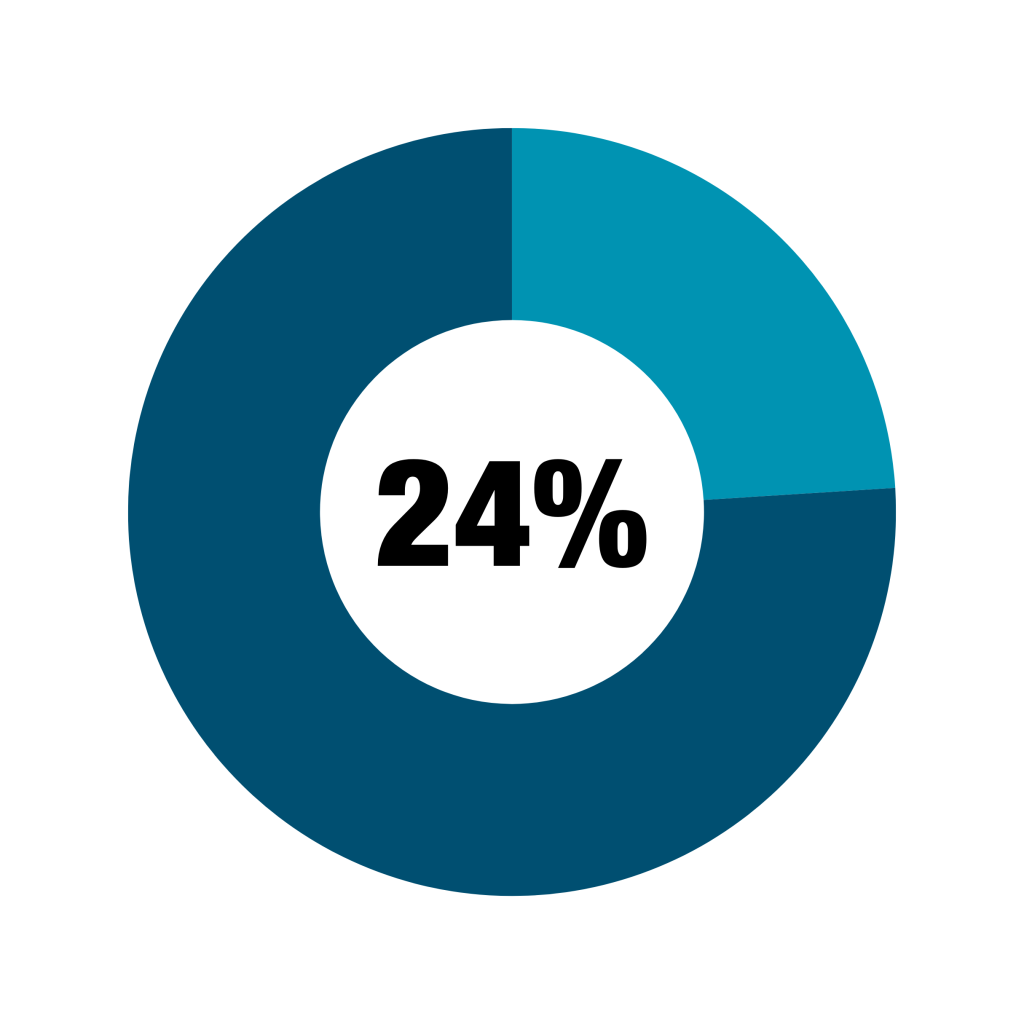
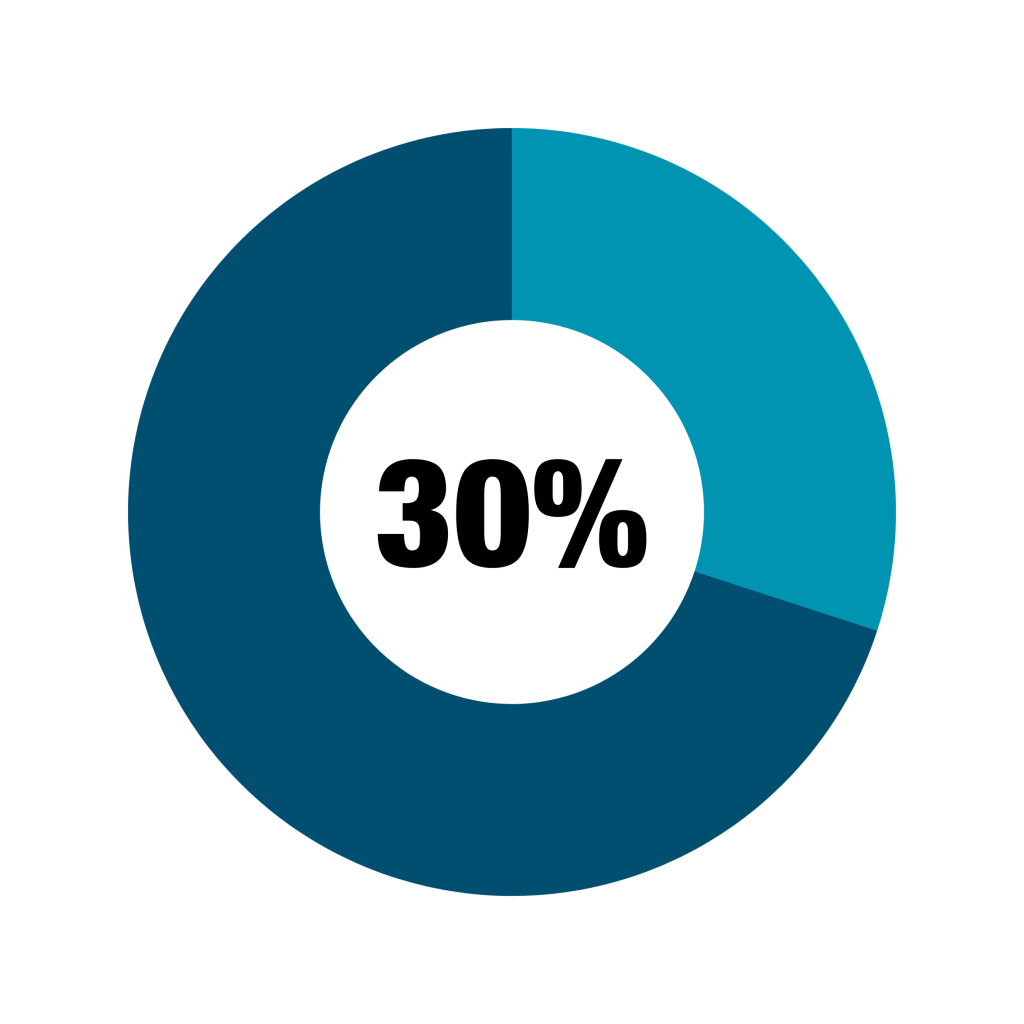
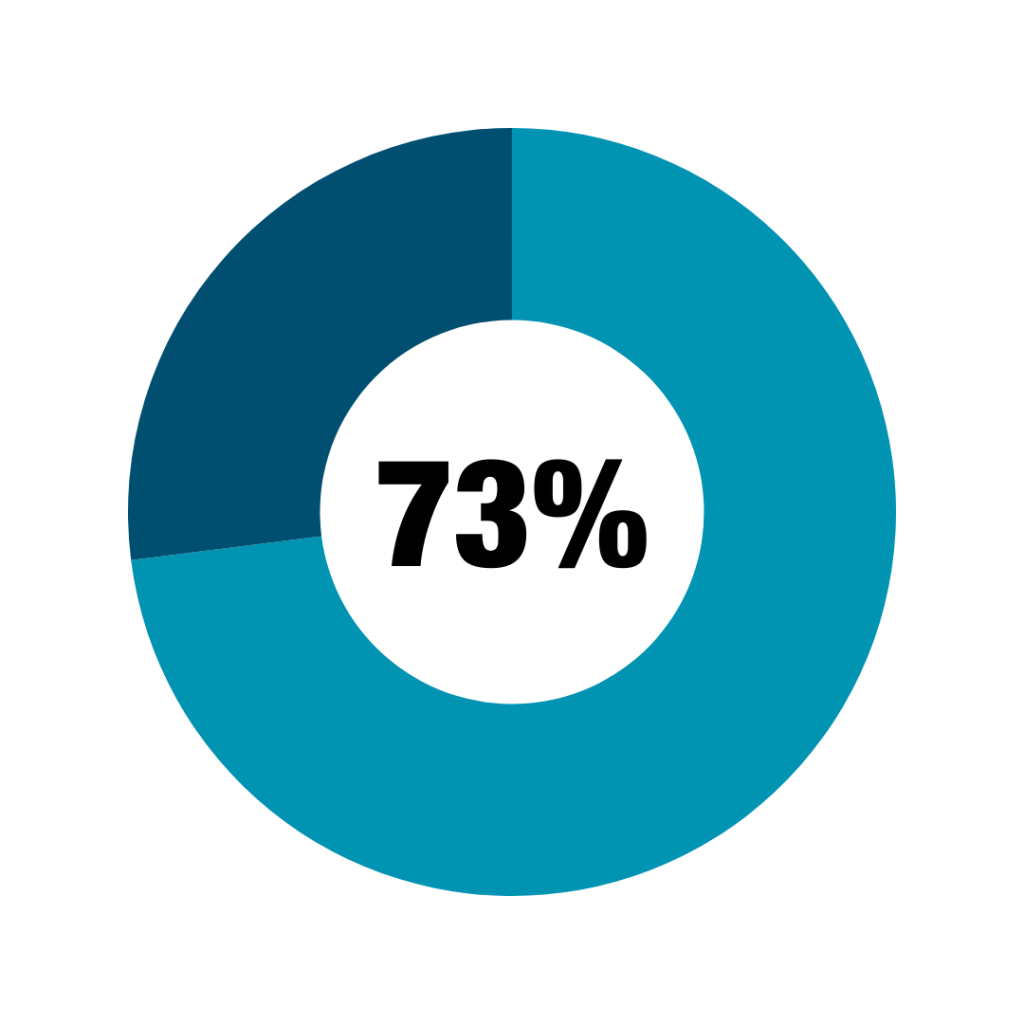
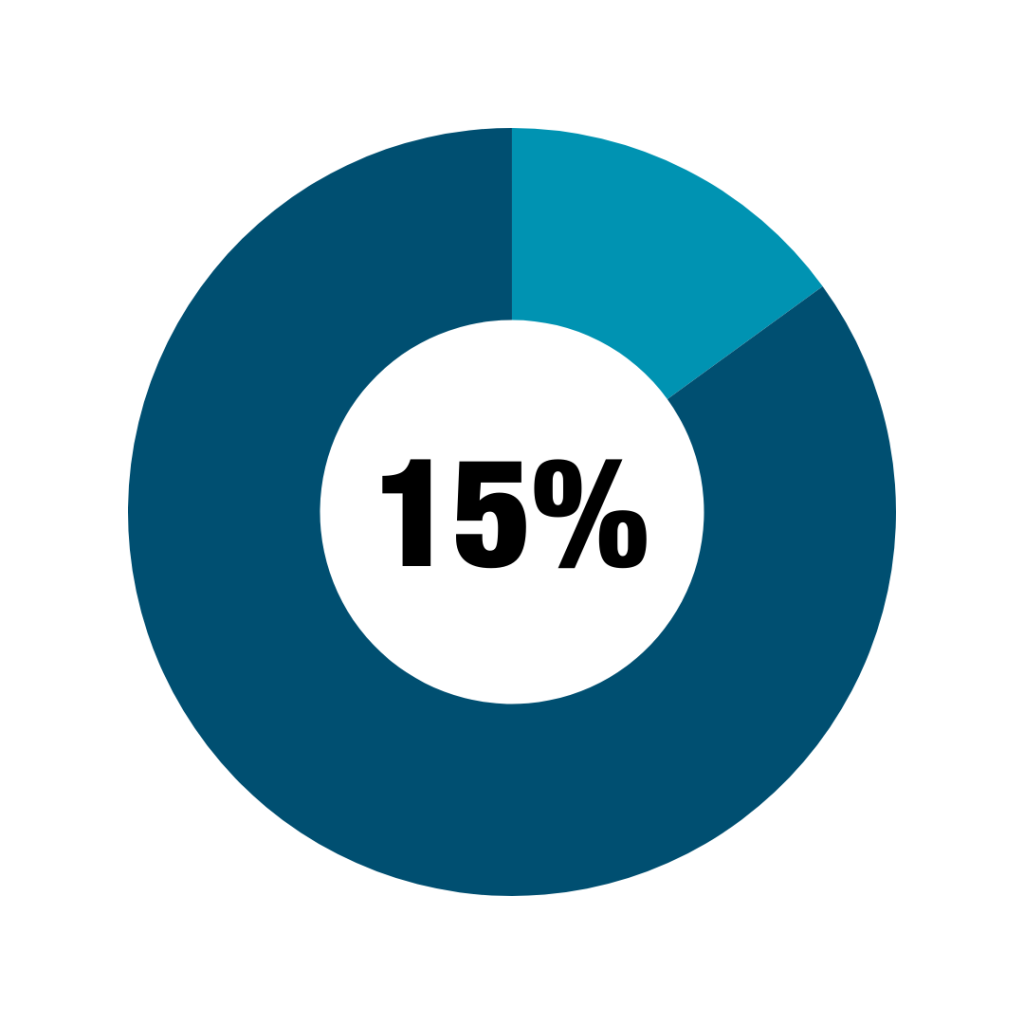
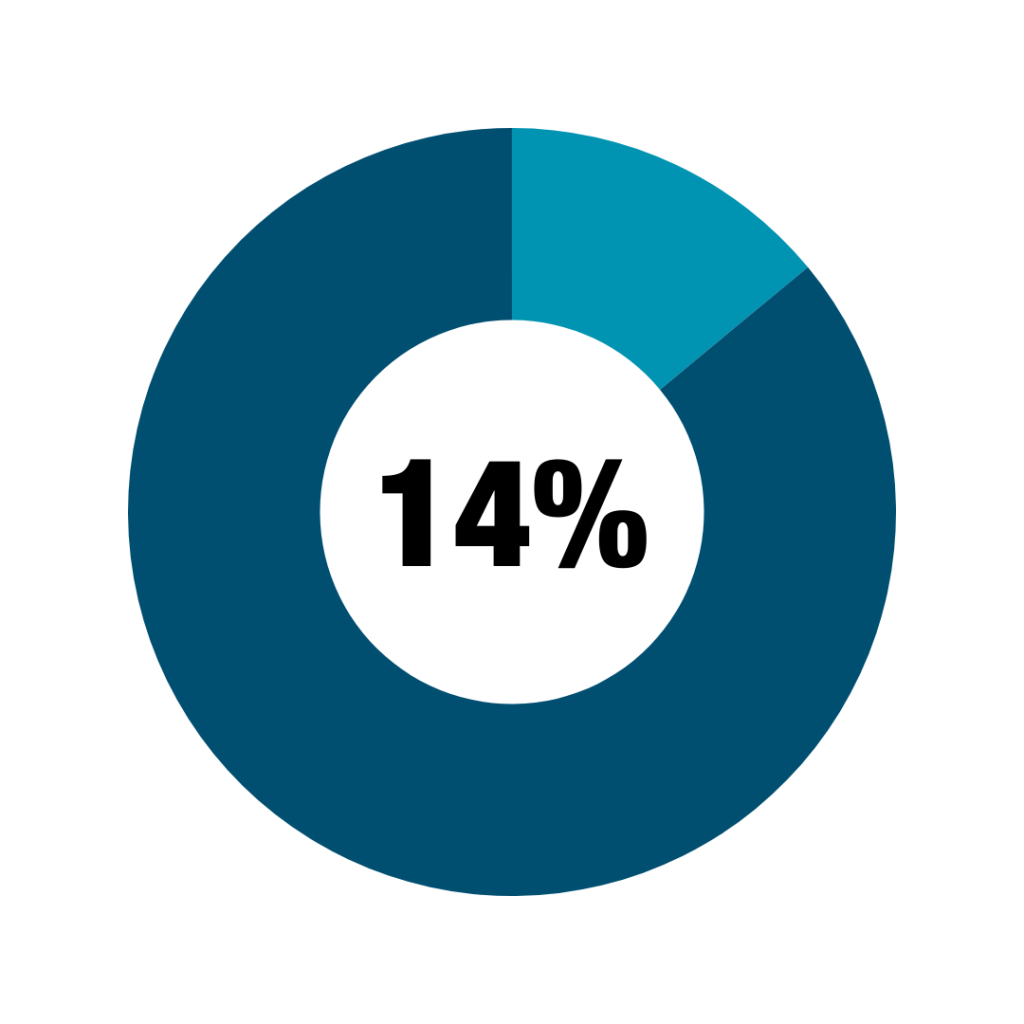
Housing Rates
Tulsa, like much of the country, is experiencing a housing crisis. A recent citywide housing assessment showed a 12,900-unit gap in housing that Tulsa needs to fill in the next decade to meet the needs of its citizens. As well, Tulsa’s housing occupancy rate varies between 95 and 97%. These factors, combined with the housing barriers faced by the justice-involved, presents a steep challenge that many impacted by the criminal legal system are left to face alone.
Thankfully, with a lot of hard work from our two-person housing navigation team, 79 of our intensive housing navigation participants have achieved some form of housing so far. This has involved fair-market rentals, subsidized housing, transitional housing, family reunification, and connecting participants to sober living and other treatment-based housing options. Despite the challenges the current housing landscape in Tulsa poses to our participants, we have been able to successfully house them at a rate that far exceeds housing availability.
Rental Assistance
Nearly 90% of the people our housing navigation team at JusticeLink serve qualify as extremely low income (making 30% or less of the Area Median Income). For many, a non-refundable $30 apartment application fee represents a significant financial commitment. Consider the cost of a deposit, first month’s rent, and any “risk fees” that are assessed to individual with a criminal record, and just the upfront cost of getting your name on a lease is more than many can afford.
Because of our partners at ProsperOK, we’ve distributed over $37,000 in flexible living assistance to JusticeLink participants. These funds have helped participants pay for the considerable upfront costs of getting into and keeping housing. From back due balances to utility deposits, to rent, sober living costs, and risk fees. Our ability to quickly disperse this assistance to landlords, property managers, and sober living houses has helped us dramatically increase the likelihood that a participant can achieve housing.
A tremendous thanks to our funders at ProsperOK, the entire JusticeLink team and their co-located providers, and the A Way Home for Tulsa Continuum of Care. We couldn’t ask for better partners in the pursuit of housing justice for some of our most vulnerable neighbors.
Housing Solutions © 2020. All rights reserved.

